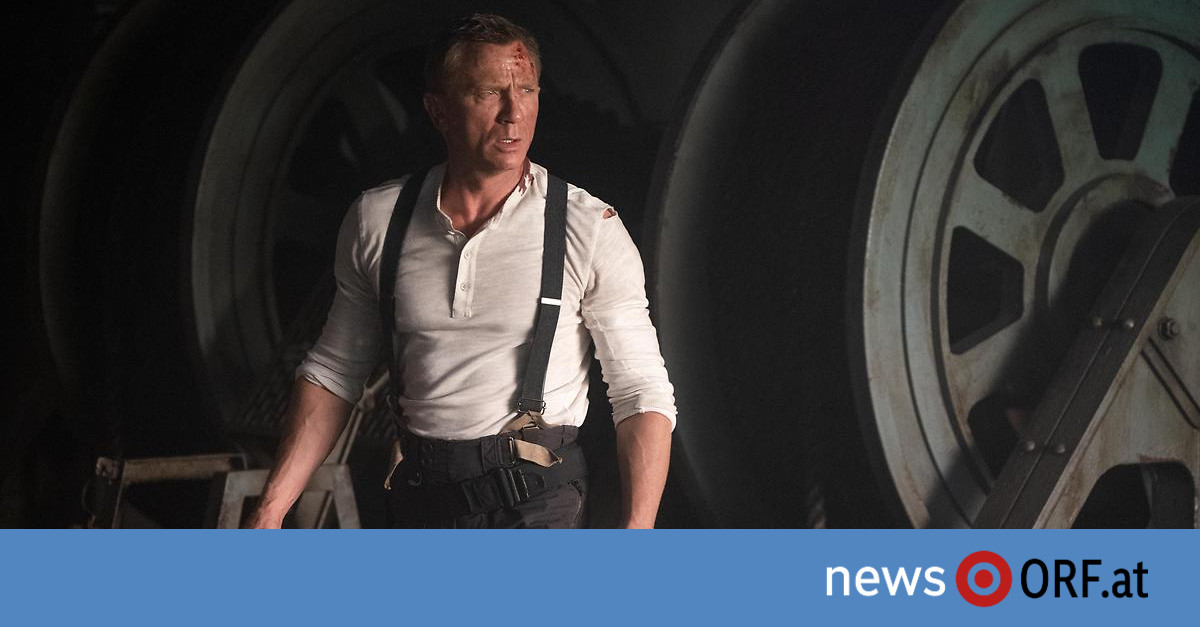It’s his job to save the world, and 007 has reliably done it over and over for the past few decades. This time the mission is even more difficult – it should be the cinema industry: only when the new James Bond film “No Time to Die” is finally shown on the screen will that mark the point in time when the industry can finally breathe a sigh of relief. The theatrical release is currently scheduled for March 31st, but whether this release date – well over a year after the originally planned one – holds this time is still due to the global infection rate.
The sales slump in the industry in Austria was 73 percent in 2020, at the North American box office it was even 80 percent. The global US cinema chain AMC urgently needs at least $ 750 million in order to survive. When the cinemas collapse, where much more money can be made with ticket sales than with streaming, the film industry suffers enormously.
FFP2 mask instead of entrance tests?
The Austrian arthouse cinemas, whose operators recently called for clear framework conditions for reopening, are now calling for urgent help. There is uncertainty for them in the discussion about mandatory entrance tests (“Which test certificates are permitted? Can we offer tests ourselves? How is the control carried out? Who is liable for them?”). In a broadcast, the IG Programmkinos pointed out that these in particular should not be viewed as purely commercial operations: “The cinema is an integral part of European cultural tradition. It is a place of concentration and of conscious and communal seeing. “
In addition to a rescue package for the entire cinema landscape and an FFP2 mask requirement instead of entrance tests, the catalog of requirements includes, above all, the requirement not to put event operations at a disadvantage compared to catering, continues the IG Cinemas: “The cinemas have invested a lot of money in efficient ventilation systems. The audience sit in fixed places, do not move and do not speak to each other during the performance. It is therefore grotesque that stricter rules should apply in cinemas than in restaurants. “


